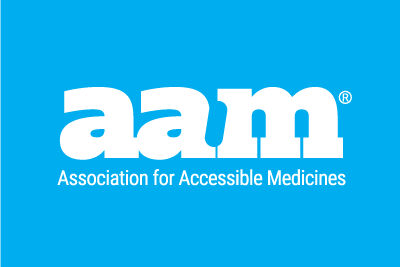As Health Care Spending in US Projected to Increase, Generics and Biosimilars Expected to Moderate Growth
Recently, the Centers for Medicare & Medicaid Services (CMS) released the 2021-2030 National Health Expenditure (NHE) report, prepared by their Office of the Actuary. The report serves as the authoritative estimate of total U.S. health spending and provides important clues as to what is (and is not) driving health care costs.1
